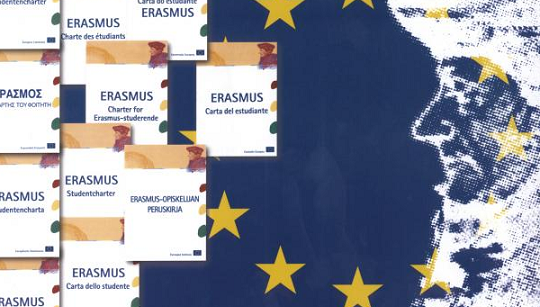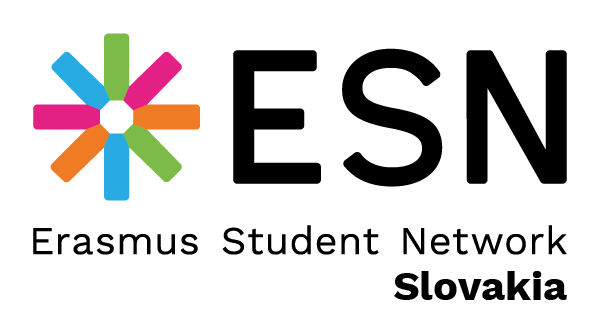Higher Education Institutions that want to participate in Erasmus activities must possess an Erasmus University Charter. The Charter aims to guarantee the quality of the programme by setting certain fundamental principles. Higher Education Institutions which are holders of the Erasmus University Charter can carry the inter-institutional agreements, from which a student can benefit. Moreover, by signing the Erasmus University Charter, HEI agrees to give full recognition to students who satisfactorily completed activities specified in the compulsory Learning Agreement.
The right to obtain full recognition is also written in the Erasmus Student Charter. The Charter is a document specifying all rights and obligations of the Erasmus student. It is a public document and should be made accessible to you by your university. If you cannot find a Charter on the website, ask your IRO or Erasmus coordinator to deliver it to you.

As an Erasmus student, you are entitled to expect:
- Your home and host universities to have an inter-institutional agreement.
- The sending and receiving institutions to sign with you and before you leave a Learning/Training Agreement setting out the details of your planned activities abroad, including the credits to be achieved.
- Not to have to pay fees to your host university for tuition, registration,examinations, access to laboratory and library facilities during your Erasmus studies.
- Full academic recognition from your home university for satisfactorily completed activities during the Erasmus mobility period, in accordance with the Learning/Training Agreement.
- To be given a transcript of records at the end of your activities abroad, covering the studies/work carried out and signed by your host institution/enterprise. This will record your results with the credits and grades achieved. If the placement was not part of the normal curricula, the period will at least be recorded in the Diploma Supplement.
- To be treated and served by your host university in the same way as their home students.
- To have access to the Erasmus University Charter and Erasmus Policy Statement of your home and host universities.
- Your student grant or loan from your home country to be maintained while you are abroad
As an Erasmus student, you are expected to:
- Respect the rules and obligations of your Erasmus grant agreement with your home university or your National Agency.
- Ensure that any changes to the Learning/Training Agreement are agreed in writing with both the home and host institutions as soon as they when they occur.
- Spend the full study/placement period as agreed at the host university/enterprise, including undergoing the relevant examinations or other forms of assessment, and respect its rules and regulations.
- Write a report on your Erasmus study/placement period abroad when you return and provide feedback if requested by your home university, the European Commission or the National Agency
If you have a problem:
Identify the problem clearly and check your rights and obligations. Contact your departmental coordinator for Erasmus and use the formal appeals procedure of your home university if necessary.Source: Successful Recognition, Student Guidebook by Justyna Pisera, Prime project Coordinator
PRIME, Problems of Recognition In Making Erasmus is a research project of ESN International. It is supported by the European Commission under an Erasmus Accompanying Measures grant within the Lifelong Learning Programme.

Follow us